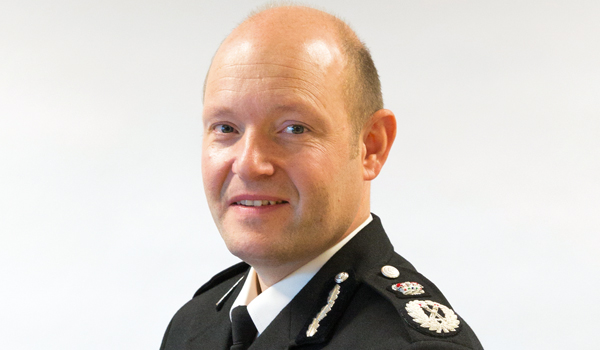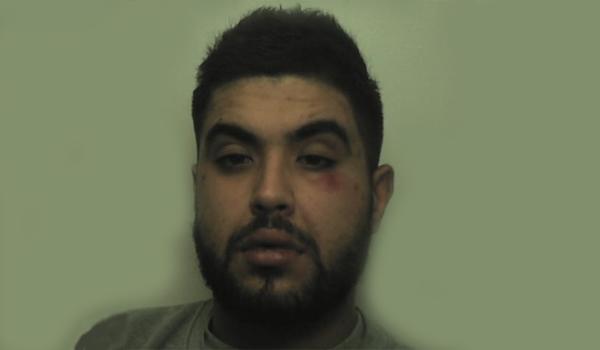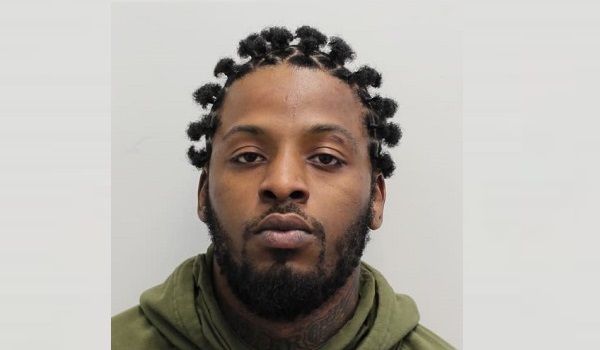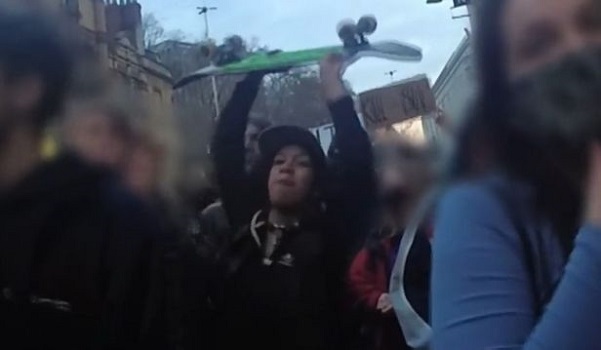Former police officer wins appeal over ‘hate incident’ guidance
A former police officer has won a Court of Appeal challenge over police guidance on “hate incidents” after claiming it unlawfully interferes with the right to freedom of expression.
Ex-police officer Harry Miller, who describes himself as “gender critical”, was visited at work by an officer from Humberside Police in January 2019 after a member of the public complained about his allegedly “transphobic” tweets.
The force recorded the complaint as a “non-crime hate incident”, defined by the College of Policing’s guidance as “any non-crime incident which is perceived, by the victim or any other person, to be motivated by a hostility or prejudice”.
Mr Miller, from Lincolnshire, challenged both Humberside Police’s actions and the College of Policing’s guidance at the High Court and, in February last year, a judge ruled the force’s actions were a “disproportionate interference” with Mr Miller’s right to freedom of expression.
But his challenge to the College of Police’s guidance was dismissed, with the judge finding that it “serves legitimate purposes and is not disproportionate”.
However, in a ruling on Friday, the Court of Appeal found the guidance also breached his freedom of expression rights.
Dame Victoria Sharp said: “The recording of non-crime hate incidents is plainly an interference with freedom of expression and knowledge that such matters are being recorded and stored in a police database is likely to have a serious ‘chilling effect’ on public debate.”
The judge, sitting with Lord Justice Haddon-Cave and Lady Justice Simler, found that records of such incidents could be disclosed in an enhanced criminal record check, adding to the chilling effect.
She added: “The concept of a chilling effect in the context of freedom of expression is an extremely important one.
“It often arises in discussions about what if any restrictions on journalistic activity are lawful; but in my judgment it is equally important when considering the rights of private citizens to express their views within the limits of the law, including and one might say in particular, on controversial matters of public interest.”
Giving the High Court ruling, Mr Justice Julian Knowles said Mr Miller’s tweets were “for the most part, either opaque, profane or unsophisticated” but were still entitled to freedom of expression protections.
Mr Miller previously said that he was “not antagonistic to those who self-identify as a gender, which is contrary to their biological sex”, adding: “I do not however accept the proposition that a person of one sex can biologically change to become the opposite sex.”
Dame Victoria said the discussion around gender involved “plainly important matters of public interest on which strong views are held and publicly expressed”.
She continued: “Mr Miller belongs to a group of people who could easily be stigmatised for their opinions and be subject to complaints by those offended by his views.”
The senior judges also found that while the guidance had legitimate aims of preventing crime, those aims could be achieved by less intrusive measures.
Dame Victoria later rejected the High Court judge’s finding that a “common-sense discretion” not to record should be read into the guidance.
“Though the judge said the police have a common-sense discretion not to record irrational complaints and the police say they exercise such a discretion, nothing is said about this in the revised guidance,” she said.
She continued: “The guidance contemplates on its face, the recording by the police of incidents as non-crime hate incidents, which are, to put it shortly, non-crime non-hate incidents.”
In March, the Court of Appeal heard the guidance had been “fully replaced”, with updates including “a strong warning against police taking a disproportionate response to reports of a non-crime hate incident”, and directly referenced the High Court’s ruling.
However, Dame Victoria said the revisions “do not go very far, or not nearly far enough to address the chilling effect of perception-based recording more generally”.
She concluded: “The guidance should truly reflect what the police are expected to do and should not mislead by omission either the police who have to use it or the public. I do not think the tension is an impossible one to resolve.”
Speaking outside court, Mr Miller said: “By framing reality, inquiry and dissent as prejudice, bigotry and hate, the College of Policing has failed to protect the liberty that used to be taken for granted by the citizens of this great nation.”
Following the ruling, Assistant Chief Constable Iain Raphael from the College of Policing said: “The balance we have always aimed to strike is between the need to protect vulnerable people and communities from harm with the need to facilitate and protect freedom of speech.
“The court has found we need to make safeguards in our guidance more explicit to help police officers proportionately enforce the law.
“We will listen to, reflect on, and review this judgment carefully and make any changes that are necessary.”
“All police guidance is kept under continual review and is adapted to keep pace with the complex demands of protecting the public,” he concluded.







